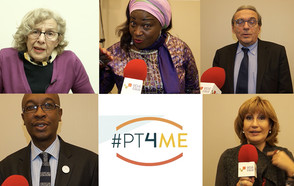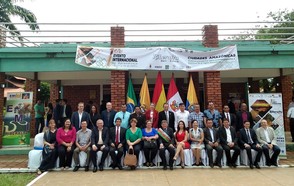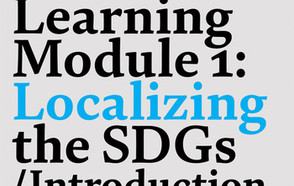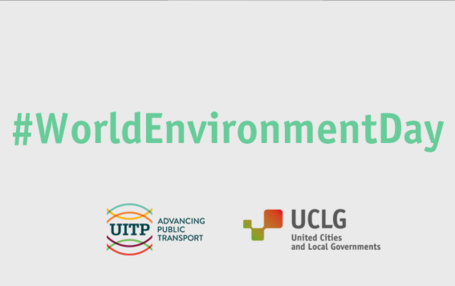
Mohamed Mezghani is the Secretary General of UITP, the International Association of Public Transport. UITP is a passionate champion of sustainable urban mobility and it is the only worldwide network that brings together all public transport stakeholders and all sustainable transport modes.
Emilia Saiz is the Secretary General of UCLG, United Cities and Local Governments. UCLG is the world organization of local and regional governments and their associations, representing and defending their interests on the world stage.
There seems to be little doubt left that climate change is one of the most important threats to the future of humanity. There is also a great consensus on the important role that the transport sector plays in this matter, since it is responsible for 18% of all man-made Greenhouse gas emissions. If we take into account that the global car fleet is expected to triple by 2050, emissions from transport are projected to grow faster than any other sector, and it needs to be addressed.
Cities, metropolitan areas and their surroundings are directly impacted by the negative effects of this increase of air pollution, poorly managed mobility, and hazards related to climate change. The commitment of cities to reach the Sustainable Development Goals (SDGs), to implement the New Urban Agenda (NUA) and to contribute to the Paris Agreement are at the same time a testimony to their commitment to their citizens, but also a reminder that action at local level has to tackle global challenges.
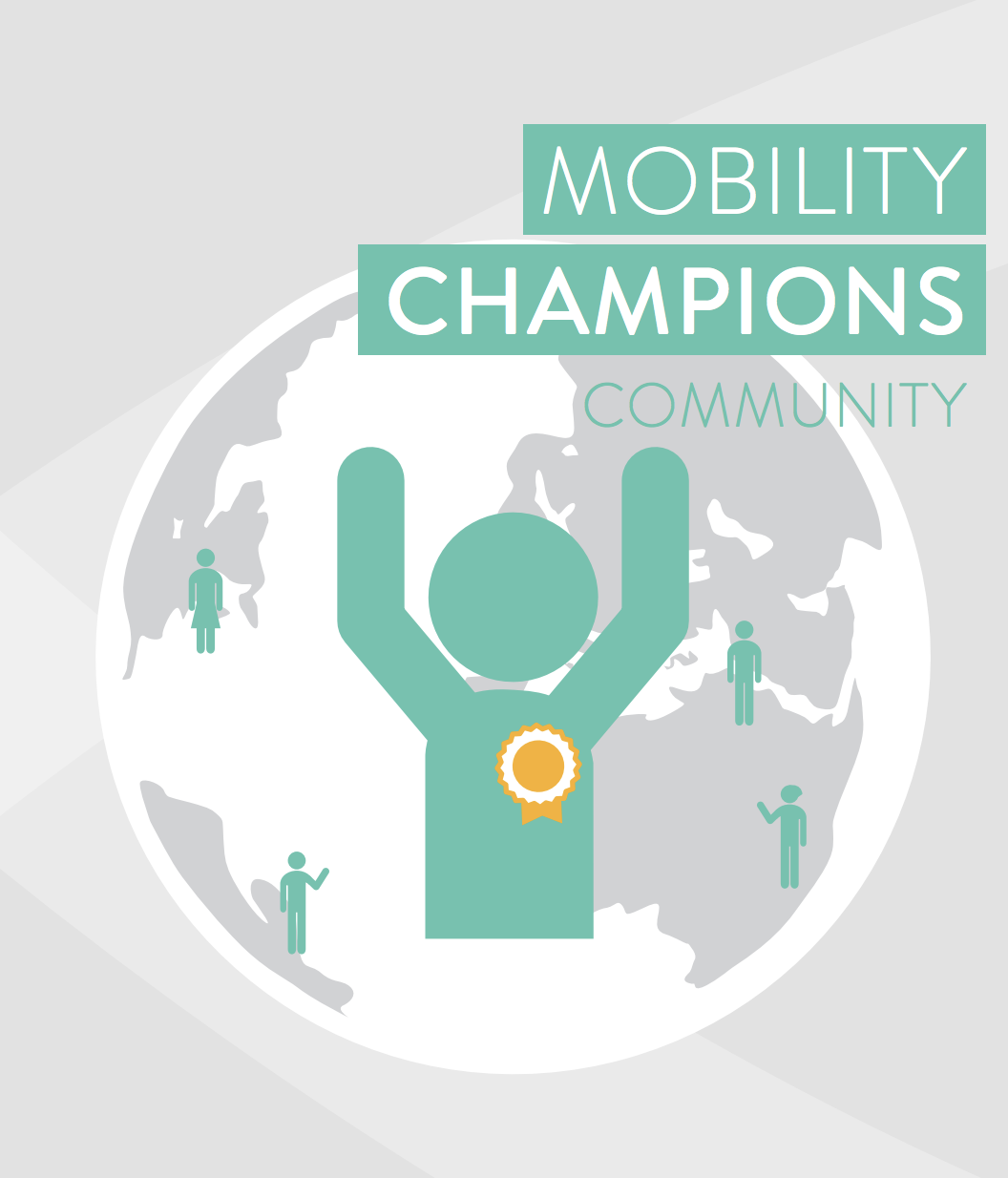 On this United Nations’ World Environment Day, we consider it key to reiterate the importance for stakeholders to commit to the support of full-fledged mobility plans originating at the local level and that answer the needs of communities. UCLG and UITP have put words into actions by recently signing a Global Strategic Partnership and launching the Mobility Champions Community. This new platform will be structured around Clusters in which members will share their best practices on important topics, such as Climate change, to develop innovative approaches.
On this United Nations’ World Environment Day, we consider it key to reiterate the importance for stakeholders to commit to the support of full-fledged mobility plans originating at the local level and that answer the needs of communities. UCLG and UITP have put words into actions by recently signing a Global Strategic Partnership and launching the Mobility Champions Community. This new platform will be structured around Clusters in which members will share their best practices on important topics, such as Climate change, to develop innovative approaches.
With this new partnership, we are joining our efforts and resources to support local and regional governments in, among other things, their struggle against climate change. It is the best representation of our members’ ambition to actively work together to succeed in offering more liveable and sustainable urban environments and contributing to the already existing initiatives aiming at reducing emissions and ensuring inclusion by bridging inequalities through sustainable mobility.
Greener mobility options might not be easy to implement. Some might appear more expensive, if strictly evaluated with a short term vision, but let us not forget that it is a matter of ambition, as the cost of energy efficient technologies is declining and the new mobility players are offering additional urban transport solutions. In the end, priority should be given to citizens, and not just technological innovation, since active mobility, such as walking and cycling, should also be considered to complement the role of public transport as the backbone of our cities.
Of course, metropolitan areas are experiencing different realities, each with their own specific needs and demands from their citizens. This is why long-term integrated urban planning, inspired by the Avoid/Shift/Improve (A-S-I) approach is so crucial to develop and implement the right tailored sustainable urban mobility system, and this planning can only reach its full potential if it includes all the different stakeholders throughout the process.
Our quest is one that we can only do in partnership, and we commend the efforts done by the local government international community and global partners to contribute to bring the local agenda to the global discussions, in particular through the Talanoa dialogues, as we work towards COP 23 and the UN Secretary General Summit.
Though it is celebrated at the international level, this World Environment Day should remind us all that collaboration at the local level is key to implement concrete solutions to reduce CO2 Emissions, preserve our environment and provide urban-dwellers with healthier cities in which quality of life is cherished. We are all accountable towards future generations, and we call on all the different stakeholders to join UITP and UCLG in the journey to put public transport and inclusive mobility at the centre of the discussions of climate change action.
Mohamed Mezghani, Secretary General, UITP Emilia Saiz, Secretary General, UCLG











